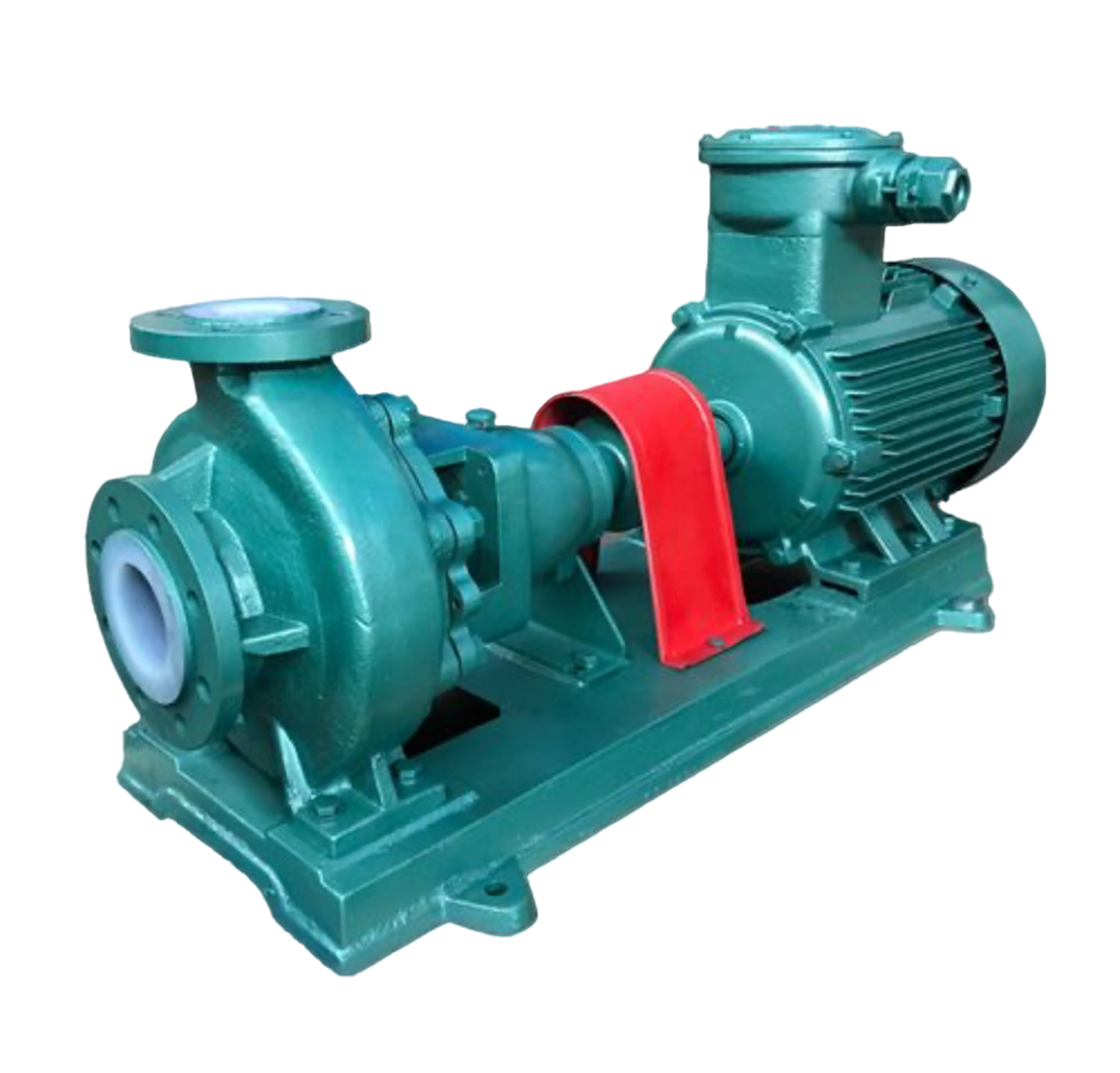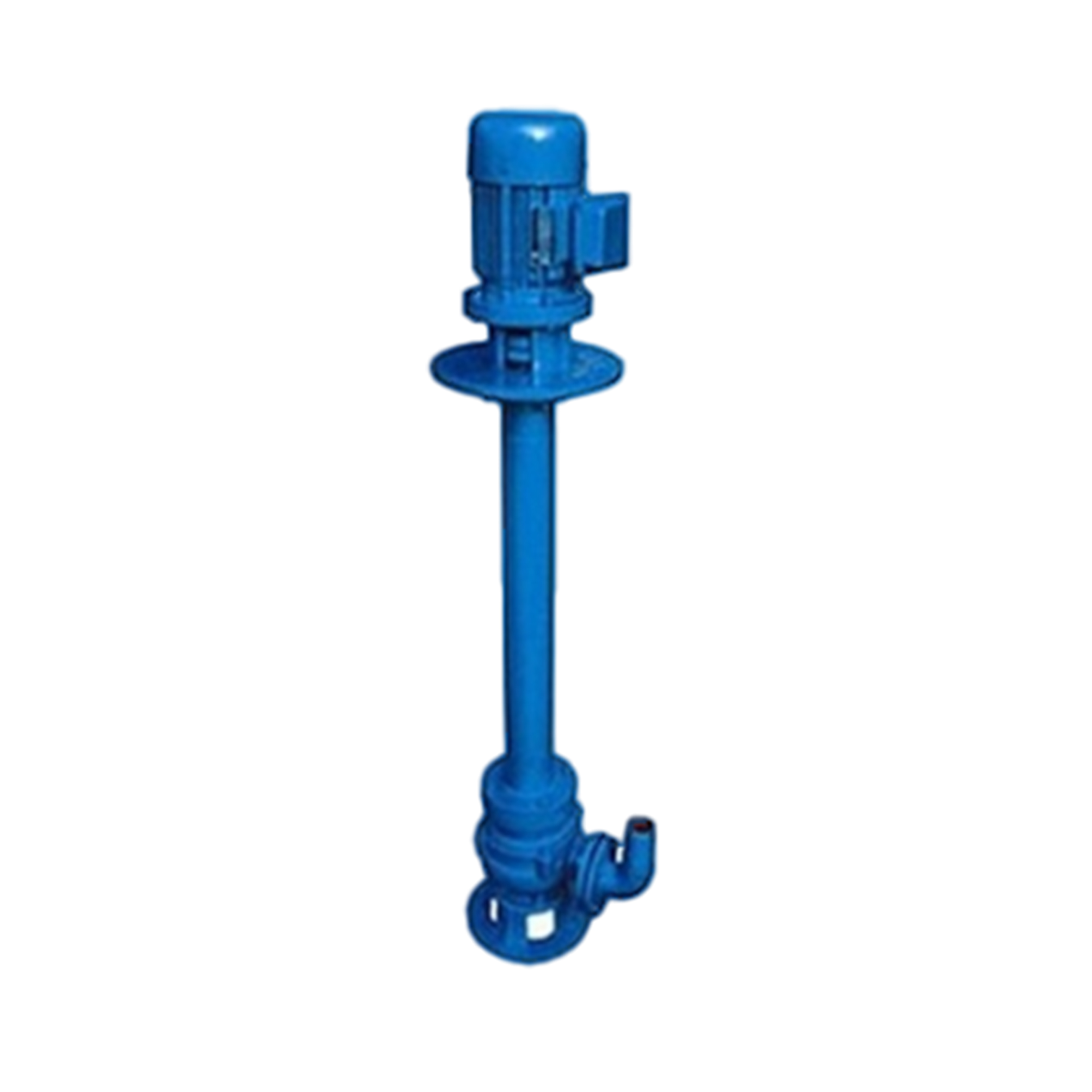Split Case Pump,Horizontal Split Case Pump,Multistage Pump,Deep Well Submersible Pump,Stainless Steel Pump Zigong Yibaijie , https://www.oz-yibaijie.com


As we step into 2020, many individuals are actively seeking ways to minimize their environmental impact and contribute positively to the planet. This shift might involve cutting down on single-use plastics, opting for public transportation over personal vehicles a few times a week, or exploring methods to decrease overall energy consumption.
Recently, we noted that renewable energy sources have become the largest provider of electricity in the UK, accounting for 38.9% of total power generation, largely driven by wind and solar energy. It's estimated that over 1 million households across the UK currently utilize solar power, a figure anticipated to grow significantly to around 2.7 million by 2023.
One question that often arises is whether installing solar panels can truly result in savings. To shed light on this, we spoke with Ian, a homeowner who recently had solar panels installed on his property. He graciously shared his firsthand experience.
Ian decided to go solar primarily for environmental reasons but was pleasantly surprised to see his energy usage drop by half shortly after installation. The entire process, which took only a day, was described by Ian as "smooth and hassle-free." He mentioned noticing savings within just a few days of the panels being operational.
The benefits didn't stop there; Ian also found peace of mind knowing he was contributing to cleaner energy production. For those interested in learning more about how solar energy works, the associated costs, and the installation procedure, feel free to reach out to a member of the Project Solar team at 0800 112 3110 or connect with them using their contact form.
In conclusion, while the initial investment in solar panels may require some upfront capital, the long-term financial and environmental advantages make it an increasingly attractive option for homeowners like Ian. As the world continues to move toward sustainable practices, embracing solar energy not only helps protect the environment but also offers tangible benefits for your wallet.
If you're curious about how solar panels could fit into your home energy strategy, don’t hesitate to explore further. The future of energy is here, and it’s bright—literally!
Introduction to industrial pump types
Industrial pump is an important equipment for conveying fluids in all walks of life. There are two main types of industrial pumps: horizontal industrial pumps and vertical industrial pumps.
In conclusion, both horizontal and vertical industrial pumps play crucial roles in different industrial applications. The choice between the two types depends on factors such as space availability, fluid characteristics, and operational requirements. Understanding the different types of industrial pumps can help in selecting the most appropriate pump for a specific application.
Horizontal industrial pumps are designed with a horizontal orientation. They are commonly used in applications where space is available and a horizontal installation is more practical. These pumps offer several advantages, including ease of maintenance and accessibility to internal components.
Horizontal pumps come in different varieties such as horizontal split case pumps, horizontal centrifugal pumps, horizontal multistage pumps, horizontal slurry pumps, and horizontal sewage pumps. Each type is designed to handle specific types of fluids and meet different operational requirements.
For example, horizontal split case pumps are known for their durability and ability to handle large volumes of fluid. They are often used in industrial processes, water treatment plants, and power stations. Horizontal centrifugal pumps are suitable for general fluid transfer applications and can handle a wide range of viscosities. Horizontal multistage pumps provide high pressure and are used in applications such as boiler feed and high-rise building water supply.
Vertical industrial pumps have a vertical orientation and are often preferred in applications where space is limited or where a vertical installation is more suitable. These pumps offer unique advantages, such as a smaller footprint and the ability to handle deep suction lifts.
Vertical pumps also come in different types, including vertical multistage pumps, vertical centrifugal pumps, vertical sump pumps, and vertical turbine pumps. Vertical multistage pumps are commonly used in high-rise buildings, industrial processes, and water supply systems. Vertical centrifugal pumps are suitable for applications where a compact design is required. Vertical sump pumps are designed to remove water and other liquids from sumps or pits.